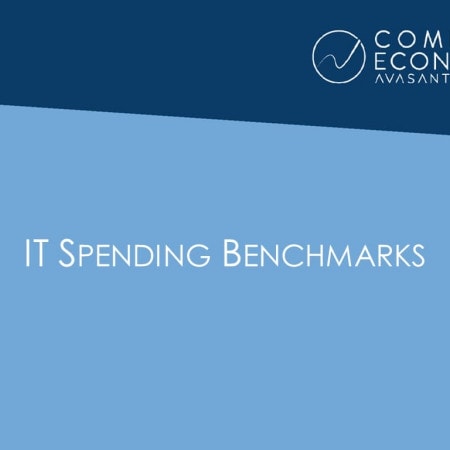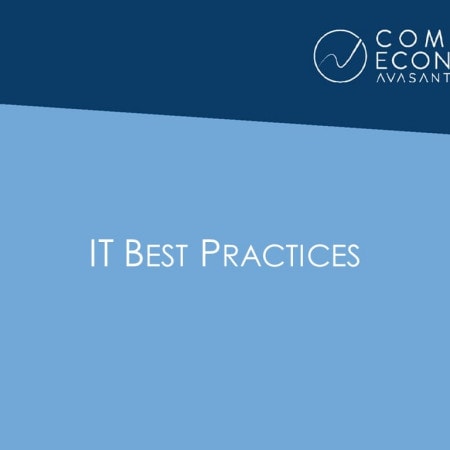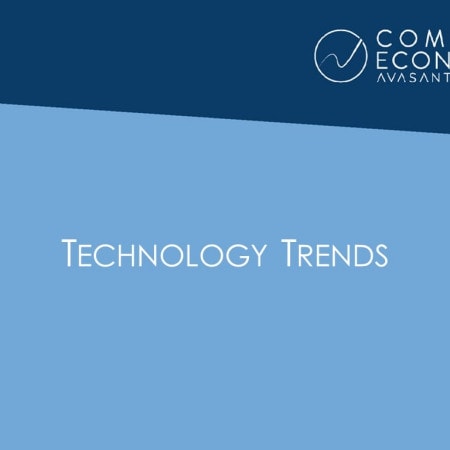-

E-Sales Intelligence Reports for 1Q01: Entertainment Industries (Jan 2001)
This report outlines e-sales intilligence reports for entertainment industries such as Topps, Power Kiosks, Registry Magic, and Holiday Inn Wall Street.
August, 2002
-

E-Sales Intelligence Reports for 4Q00: Manufacturing Industries (Jan 2001)
This report outlines e-sales intilligence reports for manufacturing industries GR Plastics and Red Hat.
August, 2002
-

MORE E-Sales Intelligence Reports for 1Q01: Banking, Finance, and Insurance (Feb 2001)
Visa International reported that global sales volume surpassed US$1.8 trillion for the year ending December 31, 2000. This represents a 21% increase in global sales volume over 1999. Visa also saw a 19% increase in the number of Visa transactions. During the peak holiday shopping season in December 2000, Visa processed almost 4,000 transactions per second. Visa saw the most dramatic growth in its CEMEA (Central Europe-Middle East-Africa), Asia-Pacific, and Latin America & Caribbean regions with year-to-year growth rates of 51%, 45%, and 31% respectively. There are currently over one billion Visa payment cards issued globally. The Visa acceptance network includes over 21 million merchants and 652,000 ATMs.
August, 2002
-

E-Sales Intelligence Reports for 1Q01: Entertainment Industries (Feb 2001)
This report outlines e-sales intilligence reports for entertainment industries such as Knight Ridder, Emerald Solutions, and Open TV.
August, 2002
-

E-Sales Intelligence Reports for 1Q01: Manufacturing Industries (Feb 2001)
This report outlines e-sales intilligence reports for manufacturing industries including GE, DoveBid, Trader.com N.V., and W.W. Granger.
August, 2002
-

MORE E-Sales Intelligence Reports for 1Q01: Retail and Wholesale Industries (Jan 2001)
This report outlines e-sales intilligence reports for 1Q01: Retail and wholesale Industries including Proflowers.com, Ice.com, BlueLIght.com and KMart Corporation, Rand McNally adn more.
August, 2002
-

E-Sales Intelligence Reports: Play Co Profile (Feb 2001)
Play Co Toys announced that its retail store sales for the month of December through Christmas 2000 grew by approximately 18% over the same period in 1999. The strong growth primarily came from new store sales, as same store sales for the period declined by approximately 4%. In addition, the German website, http://www.toys.tx40.de, reported a 72% increase in 2000 sales over 1999 for the entire holiday season.
August, 2002
-

IBM Web-enabled Kiosk (Feb 2001)
In January 2001 IBM announced a Web-enabled kiosk designed specifically for retail stores. The new IBM NetVista Kiosk is hardened to withstand the demanding in-store environment, allows retailers to use the power of the Internet to give shoppers more choices and convenience, and offers retailers another way to interact with their customers.
August, 2002
-

E-Sales and Performance Reports: USA-Networks (Feb 2001)
This report outlines e-sales and performance reports for USA networks, including Home Shopping Network, Hotel Reservations Networ, Ticketmaster, ECS's Short Shopping, and others.
August, 2002
-

E-Sales Intelligence Reports for 1Q01: Utilities and Transportation (Mar 2001)
This is an e-sales intelligence report for 1Q01 transportation companies FedEx and Delta Air Lines.
August, 2002
-

MORE E-Sales Intelligence Reports for 1Q01: Retail and Wholesale Industries (Mar 2001)
This report outlines e-sales intilligence reports for 1Q01: Retail and wholesale Industries (Mar 2001)
August, 2002
-

FTC Finds Online Holiday Shopping Experience Improved For Consumers in 2000 (Mar 2001)
Jodie Bernstein, Director of the Federal Trade Commission's Bureau of Consumer Protection, announced that from the FTC's perspective, the 2000 online holiday shopping season seems to have gone more smoothly for consumers than the 1999 online holiday season.
August, 2002
-

E-Sales and Performance Reports: Court TV (Mar 2001)
Court TV, the fastest growing basic cable network in the industry, will spend a record $140 million on programming over the next two years. Page views for Court TV Online's websites, including courttv.com, thesmokinggun.com, and crimelibrary.com, increased to a record 24 million in January 2001, a 328% increase from a year earlier. Court TV is the number one basic cable network in terms of percentage subscriber growth over the past twelve months, ending March 1, 2001, up 37%; it is also the top network in terms of increases in total number of subscribers, year-to-year (15 MM subs).
August, 2002
-

E-Sales Intelligence Reports for 1Q01: Banking, Finance, and Insurance (Jan 2001
A recent survey by California Commerce Bank indicated the bank, a subsidiary of Banamex, the largest bank in Mexico, has successfully improved employee productivity and network security by eliminating passwords and introducing a biometric alternative-- DigitalPersona U.are.U Pro Fingerprint Security System.
August, 2002
-

E-Sales Intelligence Reports for 4Q00: Entertainment Industries (Jan 2001)
This report outlines e-sales intilligence reports for entertainment industries including The Sportsman Guide and Adtegrity.com.
August, 2002

 Grid View
Grid View List View
List View